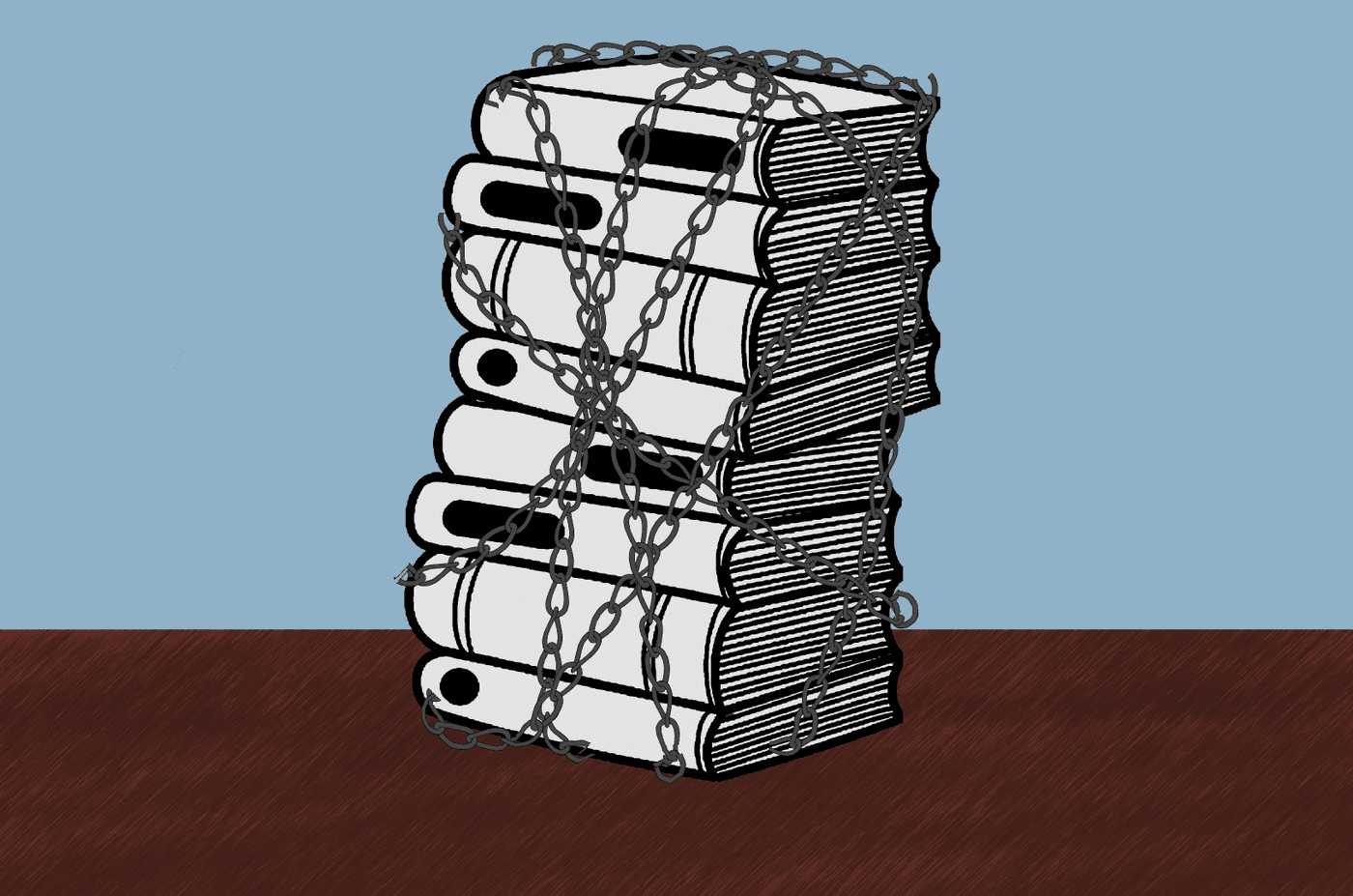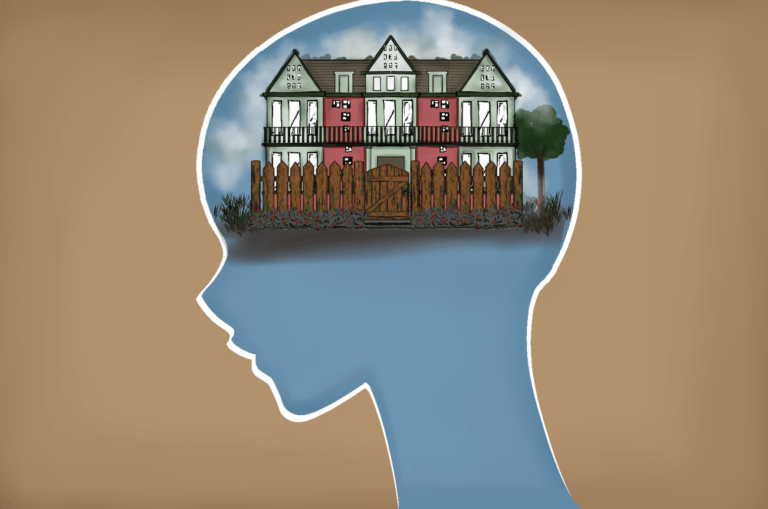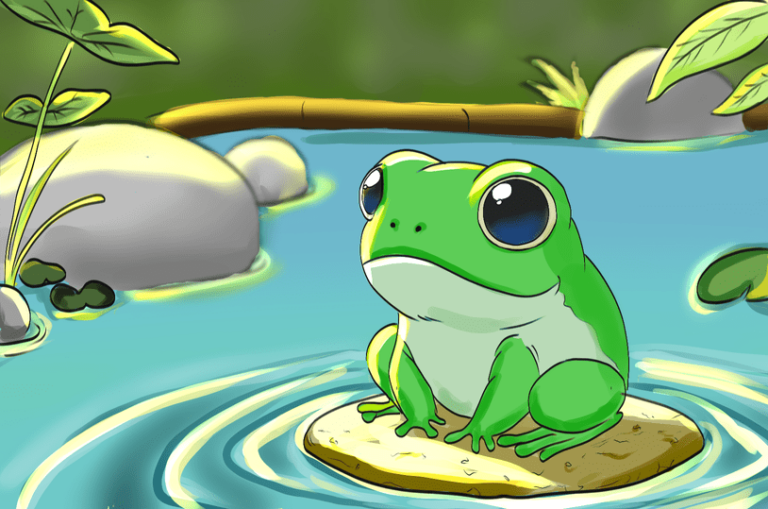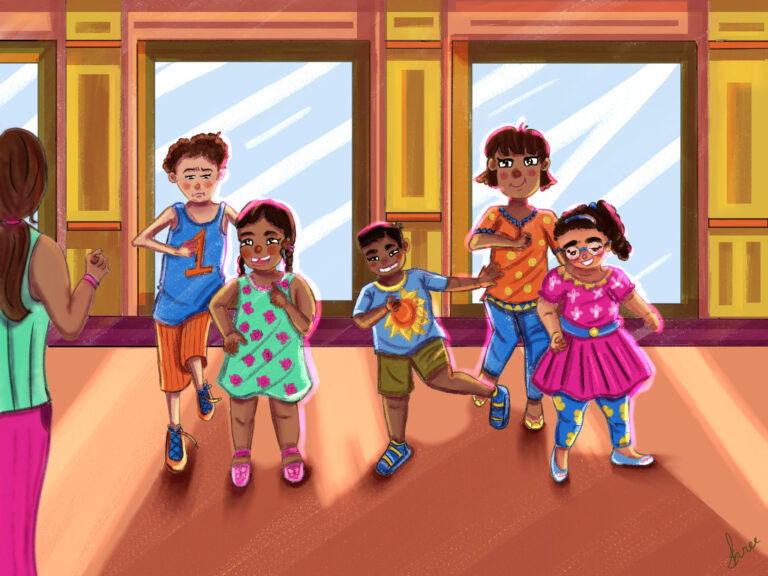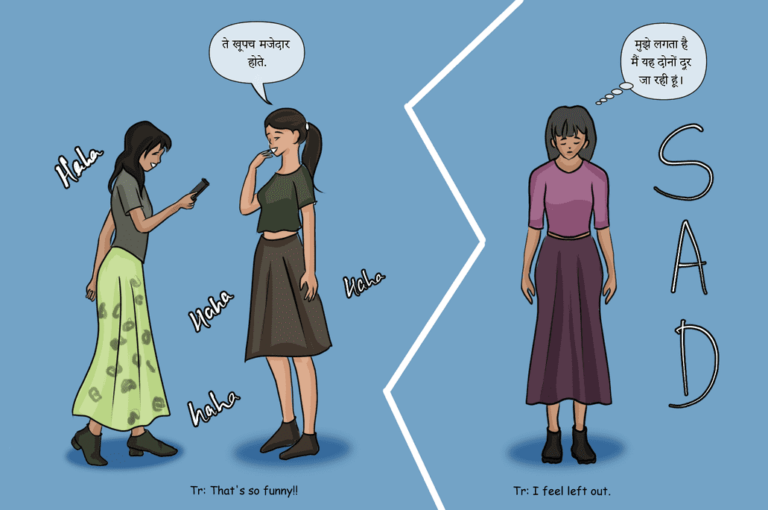Teachers, Stop Teaching How To Write Answers

From school to college the biggest question students are faced with is how to write perfect answers to get perfect marks. Every class of every topic of every subject starts with, what kind of questions will you get from this? And from there begins the excruciating journey of learning how to carve the most brilliant answers possible.
Don’t think it’s easy. Writing an answer is a science that requires constant experimentation to reach best possible results. It is also an art with immaculate details which students have to perfect everyday to grab examiner’s attention. After all, how can you expect from the poor examiner burdened with hundreds of papers, to read each lousy answer and then give marks. Therefore, you have to follow the set pattern which is by default also the best pattern to ease things for him and ensure a perfect score for you.
This best pattern has some common key elements like; write the answer in points because nobody has time to read paragraphs, write catchy headings to sell your answer and try to add a little flavour with flow charts or diagrams. The most important thing is to complete all this under the absurd time limit. After going through this toil students are finally free to crack their knuckles and start the next answer.
I have a question, what have the students learnt from all this? Apart from writing an answer, of course. One may say that they have learnt the information required to answer the question, and you are not wrong. But is this all what education means, mere facts and information. I think, not. Education is liberation, education is awakening of critical consciousness, education is the celebration of learning, education is introspection, education is dialogue. This spirit of education gets broken each time students are asked to not let their mind wander and stick to the questions given at the end of the chapter.
For instance, while learning about the rise of Nazism students are asked to cram exhaustively from the birth date of Hitler to the foundation of the Nazi Party, from the alliances of World War II to the cause of Hitler’s death. They also learn about the Holocaust and the harrowing conditions of Jews but only in the form of information required to write answers. What they don’t learn is how a man was able to turn mass genocide of six million people into just ordinary events, how the Nazis were able to manufacture such moral indifference that more than fifty per cent of Germans witnessed the holocaust as bystanders, how the SS guards who committed these horrendous crimes were not able to think beyond following orders, how the USA one of the heroes who defeated Nazi Germany was herself crippled by antisemitism and racism. In other words, they don’t learn the lessons we ought to learn from history.
Let’s look at the science. We all remember the notorious chapter on adolescence in biology. Flushed faces and hushed whispers of boys and girls on hearing the words breasts, menstruation, body hair is a sight to be seen. By the end of the chapter if the students are able to answer questions about; the process of menstruation, functions of ovaries or different kinds of hormones the teacher considers her job done. But I always wonder why, while learning about adolescence the fact that twenty-three per cent of girls have to drop out of schools due to lack of sanitary facilities is not discussed, why ancient taboos and myths related to menstruation are not busted in a science class, why boys are not sensitised about the discrimination girls have to face during periods.
This question-answer system has not even spared poetry the most alluring way to connect with the soul of life. Like a leech, it sucks the joy out of a poem and we are left to learn hollow words scattered on pages. I cannot think of a more hideous way to teach Robert Frost’s The Road Not Taken from a guidebook based on previous year questions.
The supreme possession of a Class 12 student is likely to be the latest edition of Arihant Publications sample papers. Students trapped in this smothering system are often devoid of enjoying simple pleasures of life like watching a sunset, reading a book, an evening stroll in the park. Every pleasure gets tainted with the anxiety of marks, the pressure of being a “topper” and the stigma of being a “failure”. As if schools were not enough now we also have insidious coaching centres sprawling all around like octopuses strangling students.
Why is this stifling system so ubiquitous? I think because it best serves the interests of the status quo of neo liberal society. Where just like everything education is nothing but a mere “commodity” sold in the shops conventionally known as schools. Fancier the shop is more valuable is education. This system doesn’t need critical thinkers and inventors who work for the betterment of society. It needs an army of indifferent people obsessed with the notion of “getting settled in life” to follow orders and write just correct answers without any deviance.
This “Banking model of education” as observed by Paulo Freire treats students as empty vessels to be filled with knowledge or more appropriately with information by teachers. More often than not these over brimmed vessels vomit all the information on paper in the name of the exam and get promoted to the next class.
It is about time we realise the perils of this exam-centric question-answer education system which turns our children into meek followers and robs them off their uniqueness and creativity all the while presenting “rote learning” as the best system of education.
I urge teachers to let go of these outdated practices of teaching and embrace dialogic education, to celebrate the uniqueness of every child and break free from rigid curriculum and standard objective answers, to stop teaching as task doers and start contextualising knowledge with real lives of students.
Education should be the way to get better at being human. Do not reduce it to answer writing.
Image Credit: Flickr


